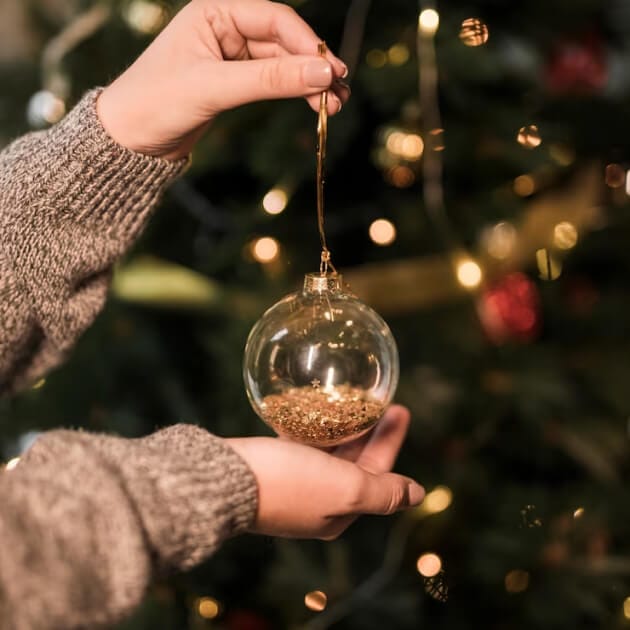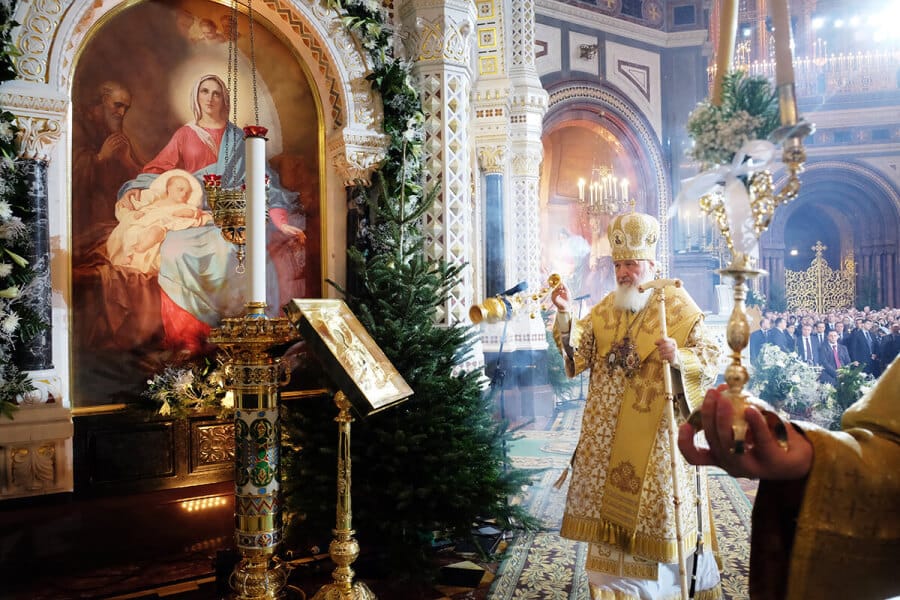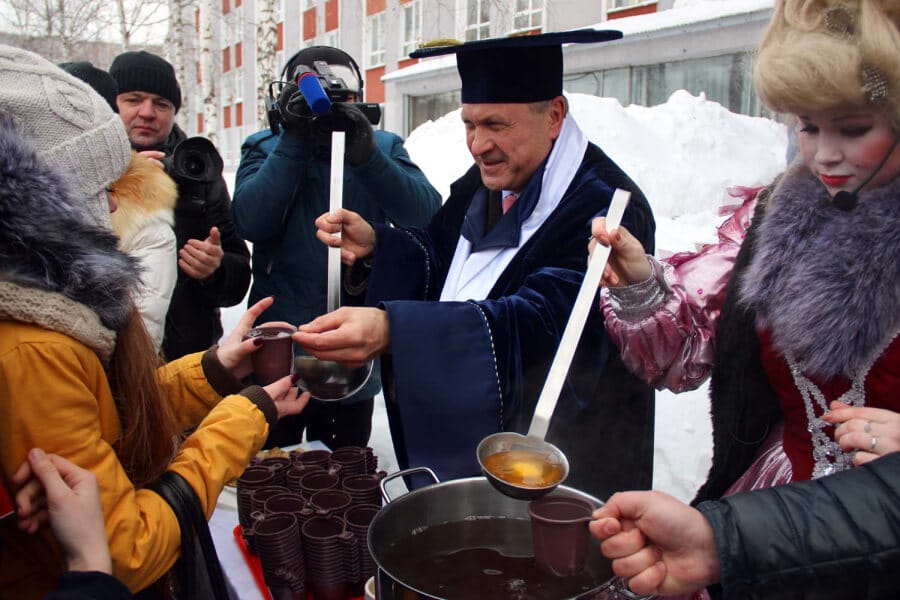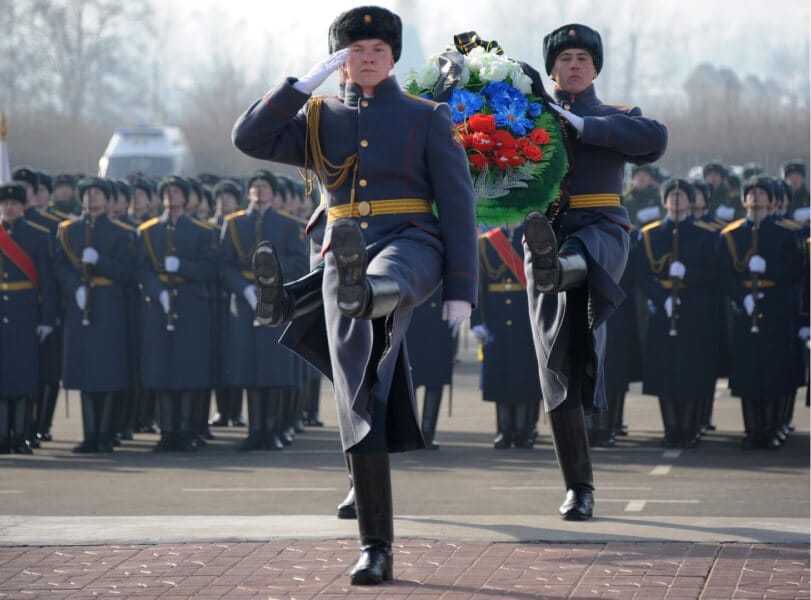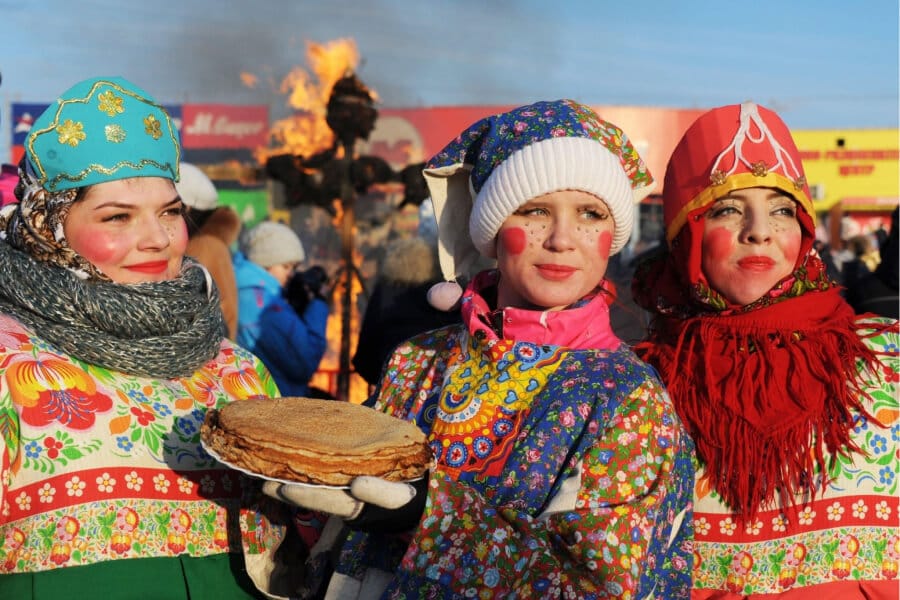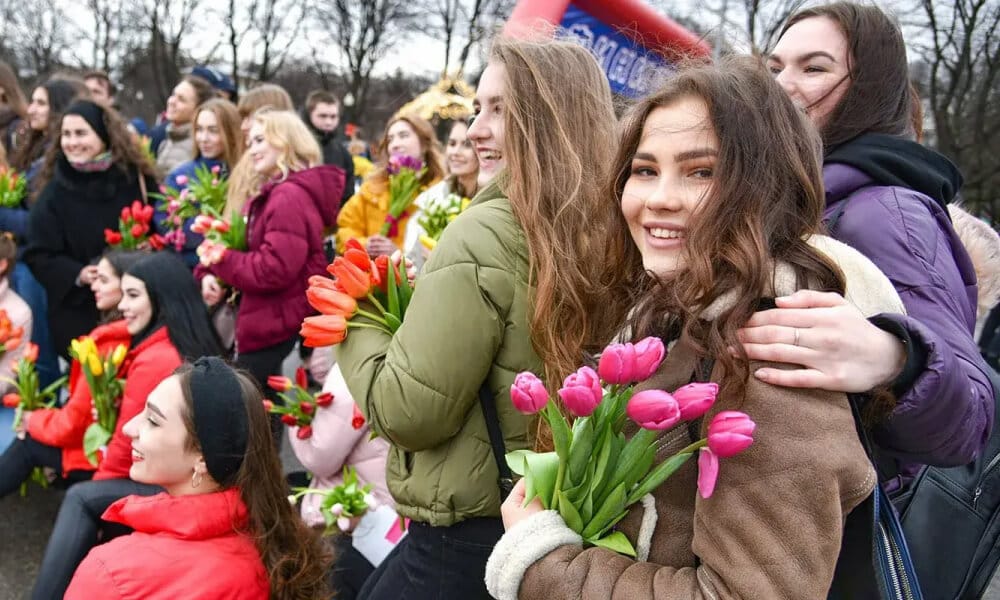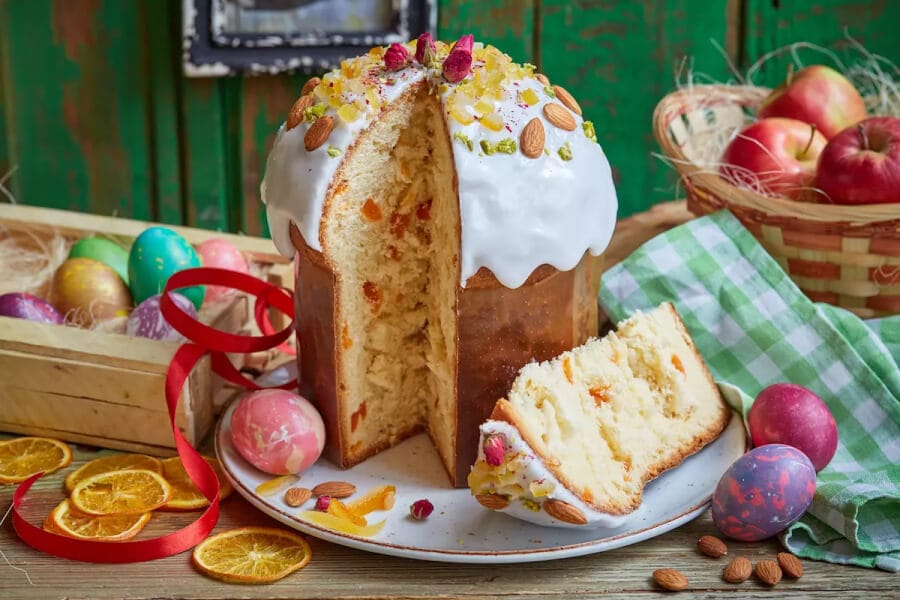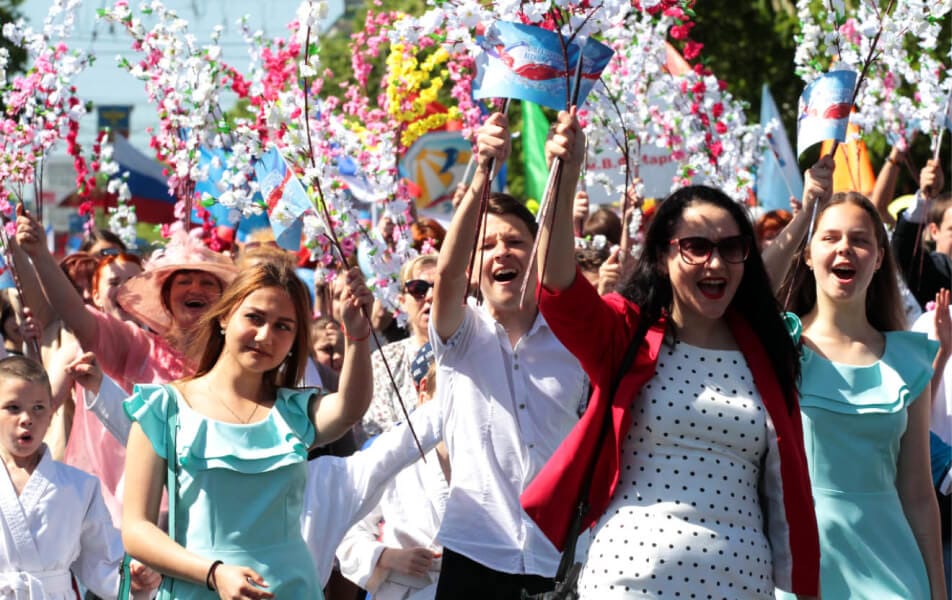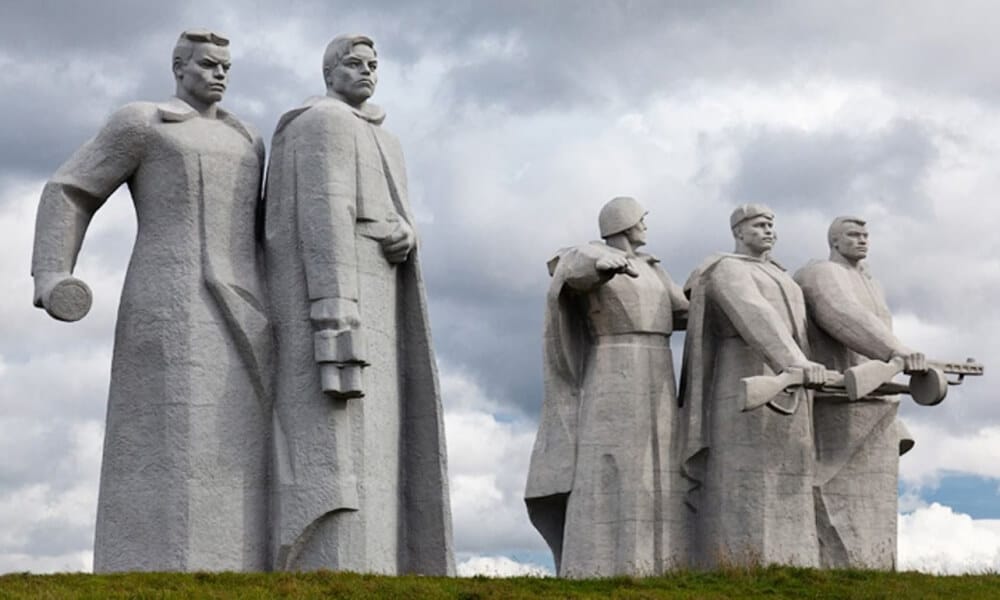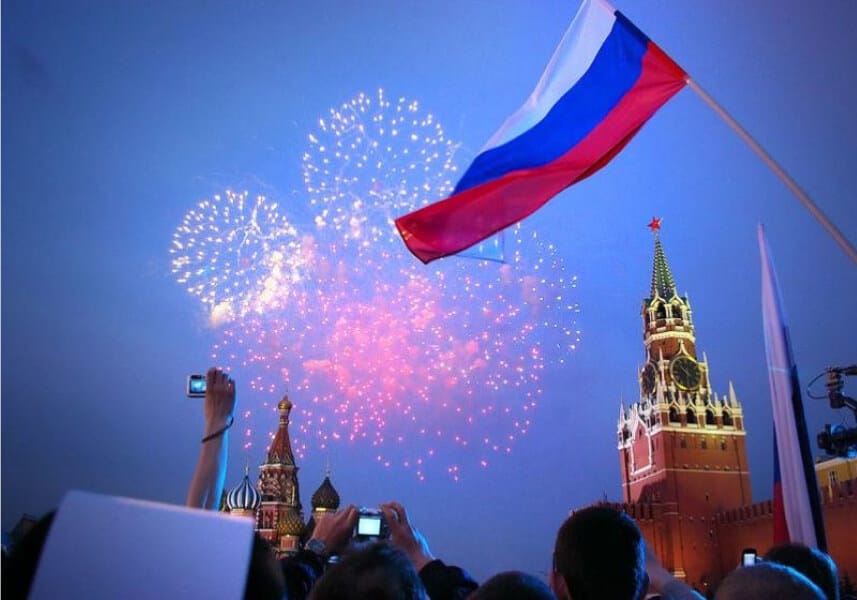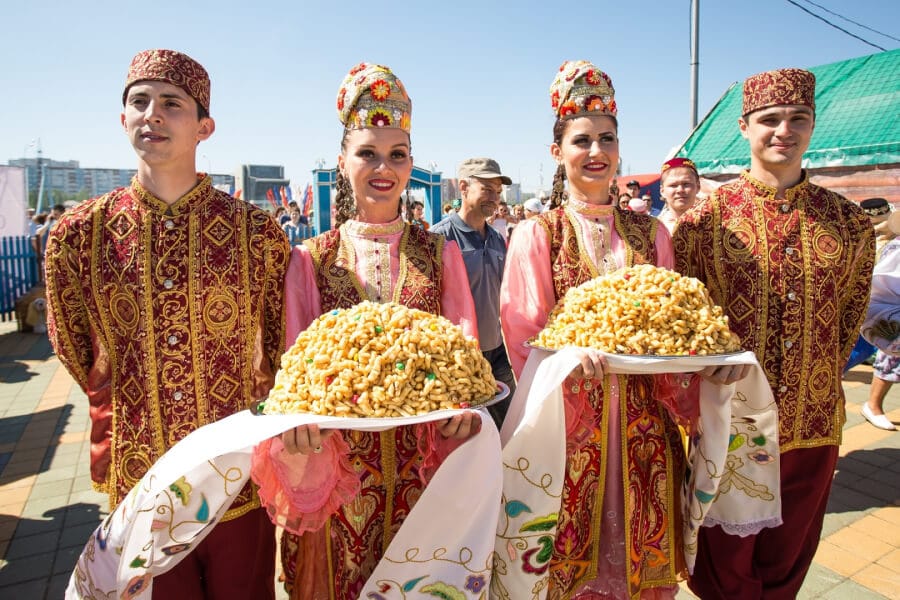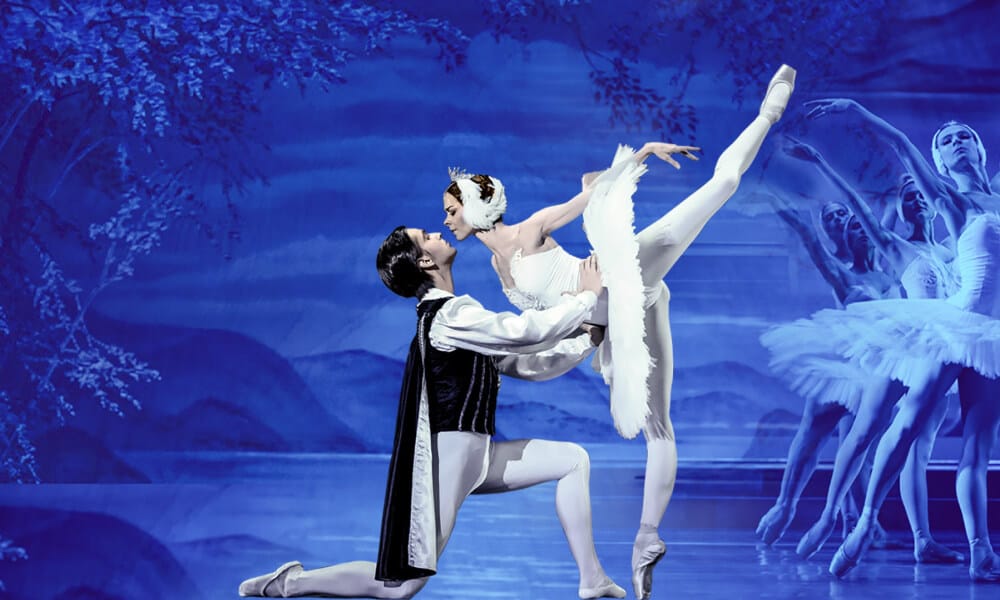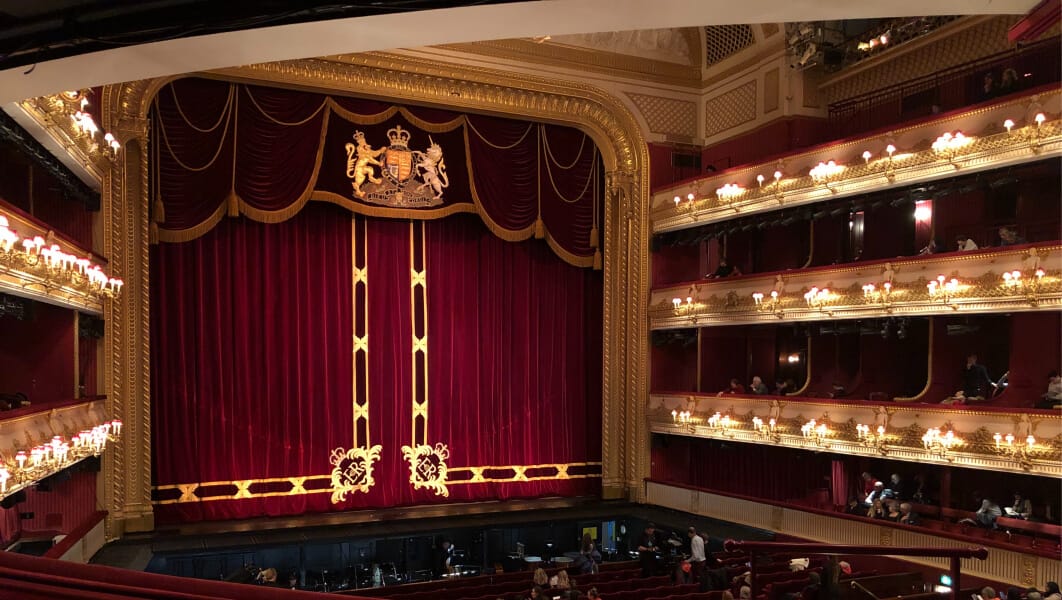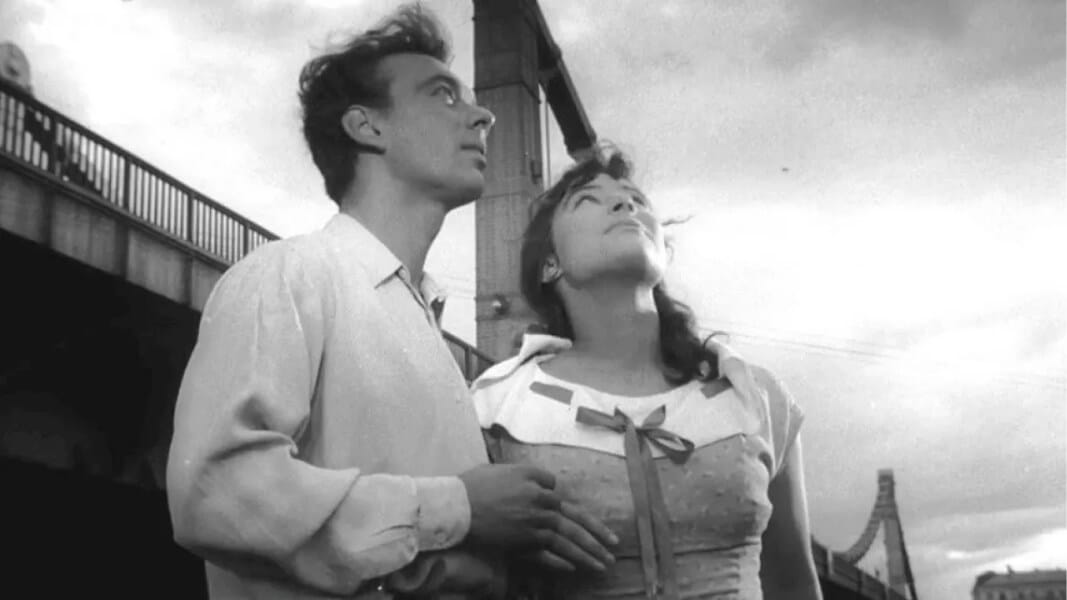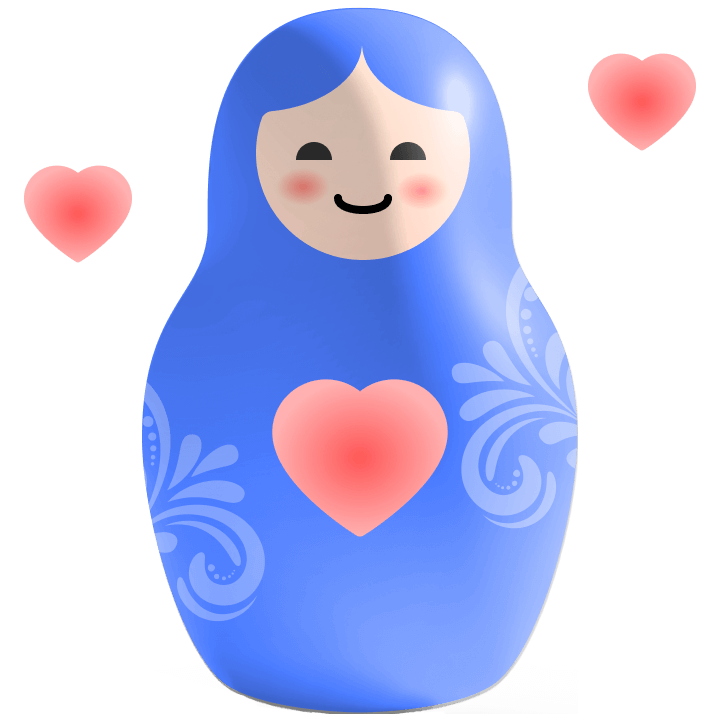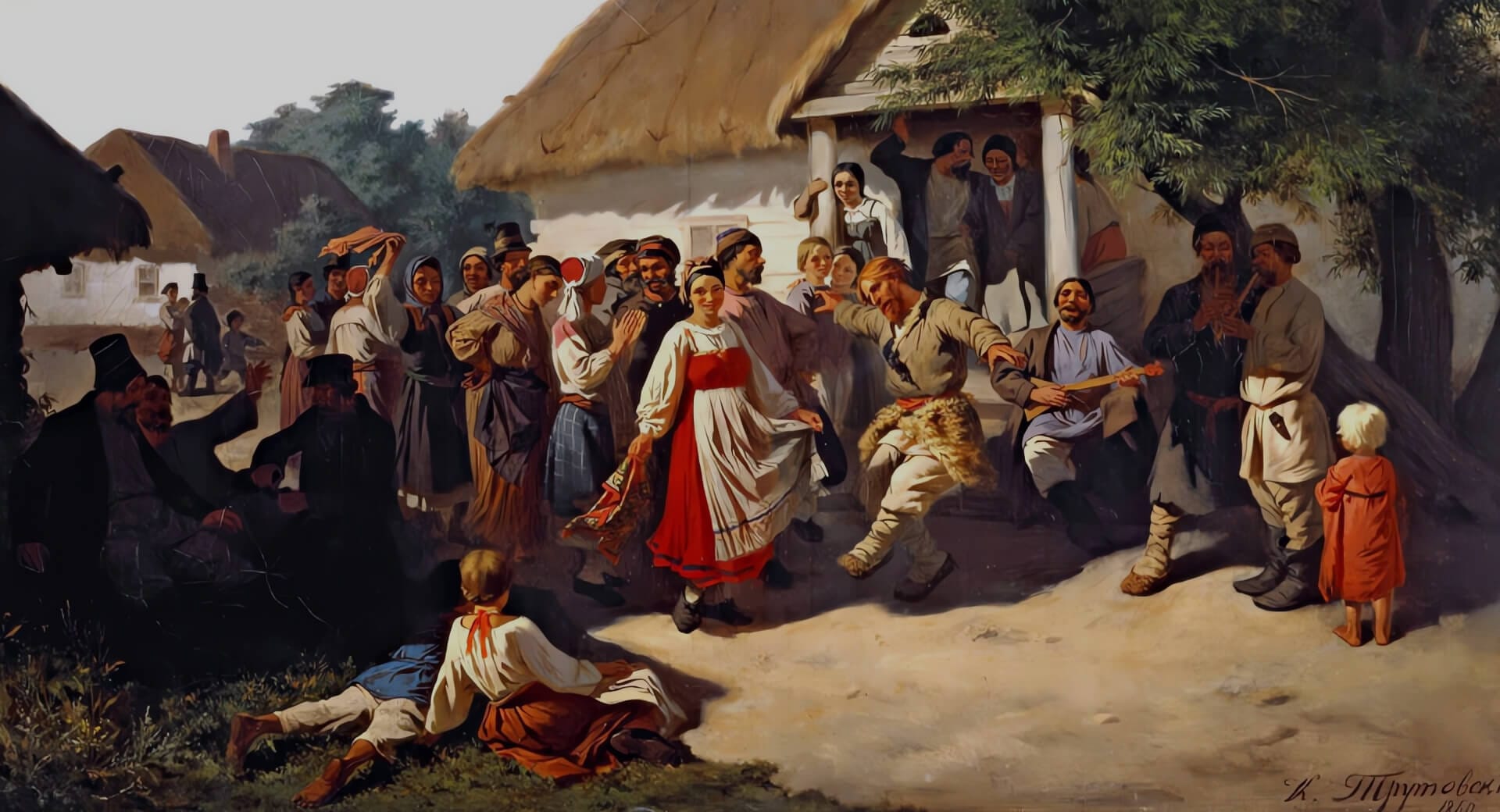
Russian world
Diversity of cultures and religions
Russia is a country where more than 190 ethnic groups live, each of which has its own unique culture, history and heritage.
One of the largest peoples of Russia are Russians, who make up the main ethnic group — about 80% of the country's population. The Russian Russian people have an ancient and rich history, and the Russian language is one of the most widely spoken and important languages in Russia.
Besides Russians, Russia is inhabited by many other peoples. For example, Tatars, Bashkirs, Chuvash, Mordvins, Buryats, Chechens, Ingush and many other nationalities have their own historical and cultural characteristics. They preserve their traditions, customs and languages, making the multinational nature of Russia one of its striking cultural aspects.
Map of the peoples of Russia
- 80,85%Russians
- 3,61%Tatars
- 1,28%Chechens
- 1,20%Bashkirs
- 0,82%The Chuvash
- 0,78%The Avars
- 0,72%Armenians
- 0,68%Ukrainians
- 0,48%Dargins
- 0,45%Kazakhs
- 0,43%Kumyks
- 0,40%Kabardians
- 0,40%Ingush
- 0,37%Lezgins
- 0,37%Ossetians
- 0,37%Mordvins
- 0,37%Yakuts
- 0,36%Azerbaijanis
Russia is proud of its peoples and recognizes their right to preserve and develop their culture. The state supports and encourages the study of languages and traditions of various peoples, holds national holidays and festivals in order to preserve and promote the diversity and cultural heritage of Russia.
The multinational nature of Russia is one of its main assets and makes the country interesting and unique. Interaction and mutual understanding between peoples contributes to the development of tolerance, cooperation and mutual respect, making Russia hospitable to all who wish to get acquainted with its culture and society.
Russia is not only a multinational, but also a multi-confessional country, where representatives of various religions live. The main religions in Russia are Christianity, Islam, Buddhism and Judaism.
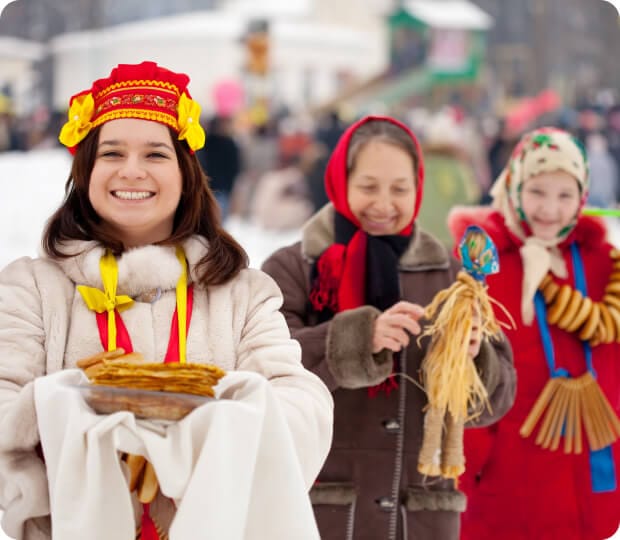
Regions and their traditions
Russia is a huge country consisting of many regions, each of which has its own unique traditions and culture.
For example, Siberia is famous for its national cuisine and handmade products. Traditional dishes include dumplings, pies, kebabs and soups, as well as mead and kvass. Siberian craftsmen are known for their skills in working with wood, leather and textiles.
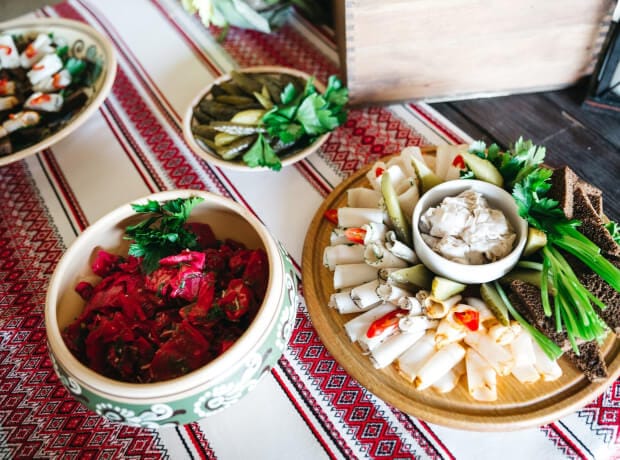
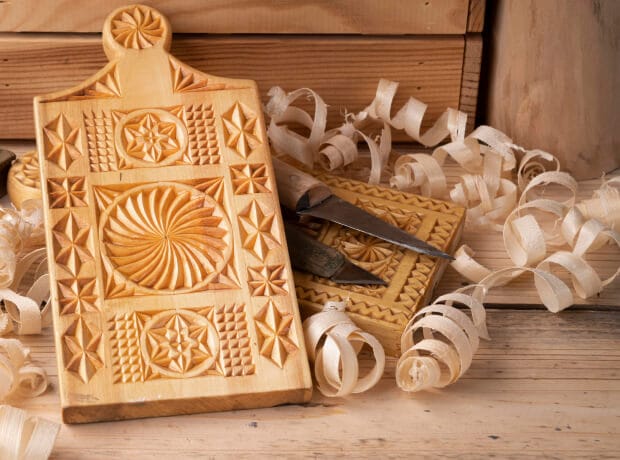
The Urals is another region rich in traditions. Here you can find many craft workshops where unique metal, glass and ceramic products are created. The Urals is also famous for its natural attractions.
The North Caucasus is a region where many peoples with different traditions and cultures live. Here you can get acquainted with the unique cuisine, which includes dishes of meat, rice and vegetables. Unique handicrafts such as carpets, souvenirs and jewelry can also be found in the North Caucasus.
Each region of Russia has its own unique traditions that make the country multifaceted and interesting for travelers and tourists.
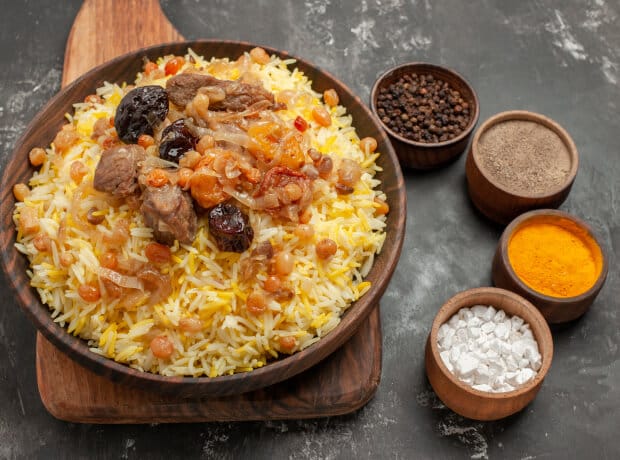
The main holidays of Russians
Russian culture is widely appreciated all over the world. Foreign theaters regularly stage operas, plays and ballets by Russian composers, the paintings of Russian artists are admired by visitors to world museums, and connoisseurs of literature learn Russian to enjoy the works of F.M. Dostoevsky, L. N. Tolstoy, A.S. Pushkin and other great writers and poets in the original.
The Russian world abroad
Russia establishes diplomatic ties around the world and actively promotes language and culture abroad: cooperates with foreign universities, organizes various cultural events, and creates representative offices in other countries.

Promotion of Russian education
Rossotrudnichestvo actively promotes science and culture in Russia and cooperates with partner universities around the world. Russian houses take part in the selection of foreign students to Russian educational institutions every year and work with graduates.
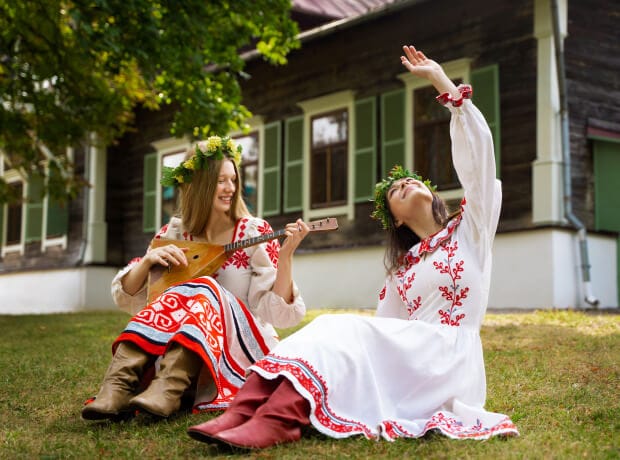
Popularization of the Russian language and culture
Rossotrudnichestvo actively promotes science and culture in Russia and cooperates with partner universities around the world. Russian houses take part in the selection of foreign students to Russian educational institutions every year and work with graduates.

Youth projects
Every year Rossotrudnichestvo invites about 2,000 people from different countries to Russia, including within the framework of the New Generation project, the purpose of which is short—term study trips to Russia for young representatives of public, business and scientific communities of other countries.
The Russian culture abroad
Russian culture is widely appreciated all over the world. Foreign theaters regularly stage operas, plays and ballets by Russian composers, the paintings of Russian artists are admired by visitors to world museums, and connoisseurs of literature learn Russian to enjoy the works of F.M. Dostoevsky, L. N. Tolstoy, A.S. Pushkin and other great writers and poets in the original.
Russians in other countries
The Russian Diaspora is among the top 10 most numerous around the world: according to various estimates, from 20 to 30 million ethnic Russians and their descendants live outside of Russia. The largest number of our compatriots live in Europe and North America. The largest Russian diasporas are located in Germany, France, Canada, Argentina and the CIS countries.
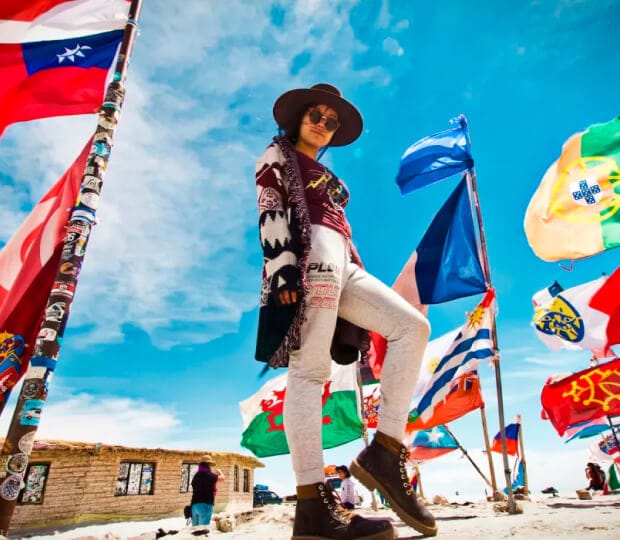
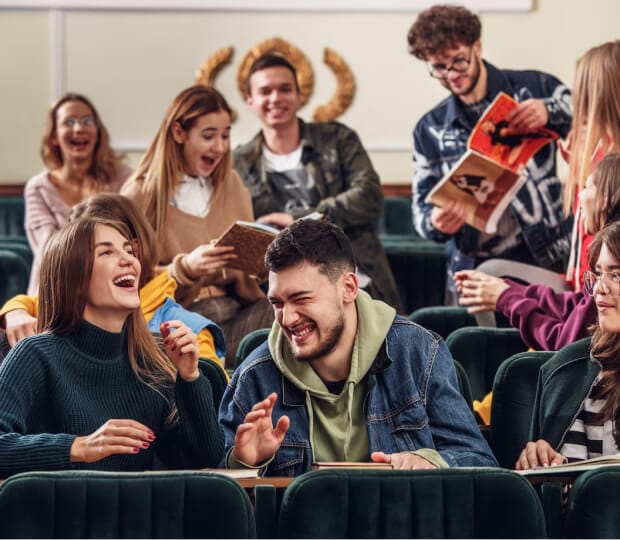
Support for graduates of Russian universities abroad
The World Alumni Association is an organization uniting speakers of Russian higher education abroad. Today, the Association is represented by national departments in 68 countries. The main goal of the Association is to strengthen cooperation between countries, as well as to increase the effectiveness of scientific, economic and cultural ties.
Russian media in the world
The Russia Today media network occupies a high place among the world's media, adjacent to such news services as CNN, BBC, Euronews. RT news is available in 6 languages. And Sputnik news agency is published in more than 30 languages; among them — English, French, Arabic, Chinese, Spanish, Turkish and others.











